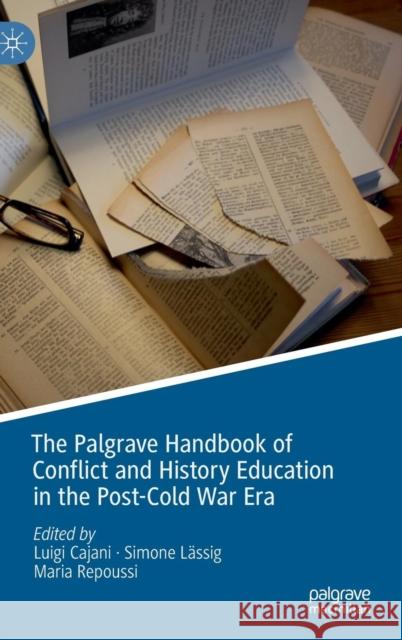The Palgrave Handbook of Conflict and History Education in the Post-Cold War Era » książka
topmenu
The Palgrave Handbook of Conflict and History Education in the Post-Cold War Era
ISBN-13: 9783030057213 / Angielski / Twarda / 2019 / 778 str.
Kategorie:
Kategorie BISAC:
Wydawca:
Palgrave MacMillan
Język:
Angielski
ISBN-13:
9783030057213
Rok wydania:
2019
Wydanie:
2019
Ilość stron:
778
Waga:
1.32 kg
Wymiary:
23.39 x 15.6 x 4.45
Oprawa:
Twarda
Wolumenów:
01
Dodatkowe informacje:
Wydanie ilustrowane











